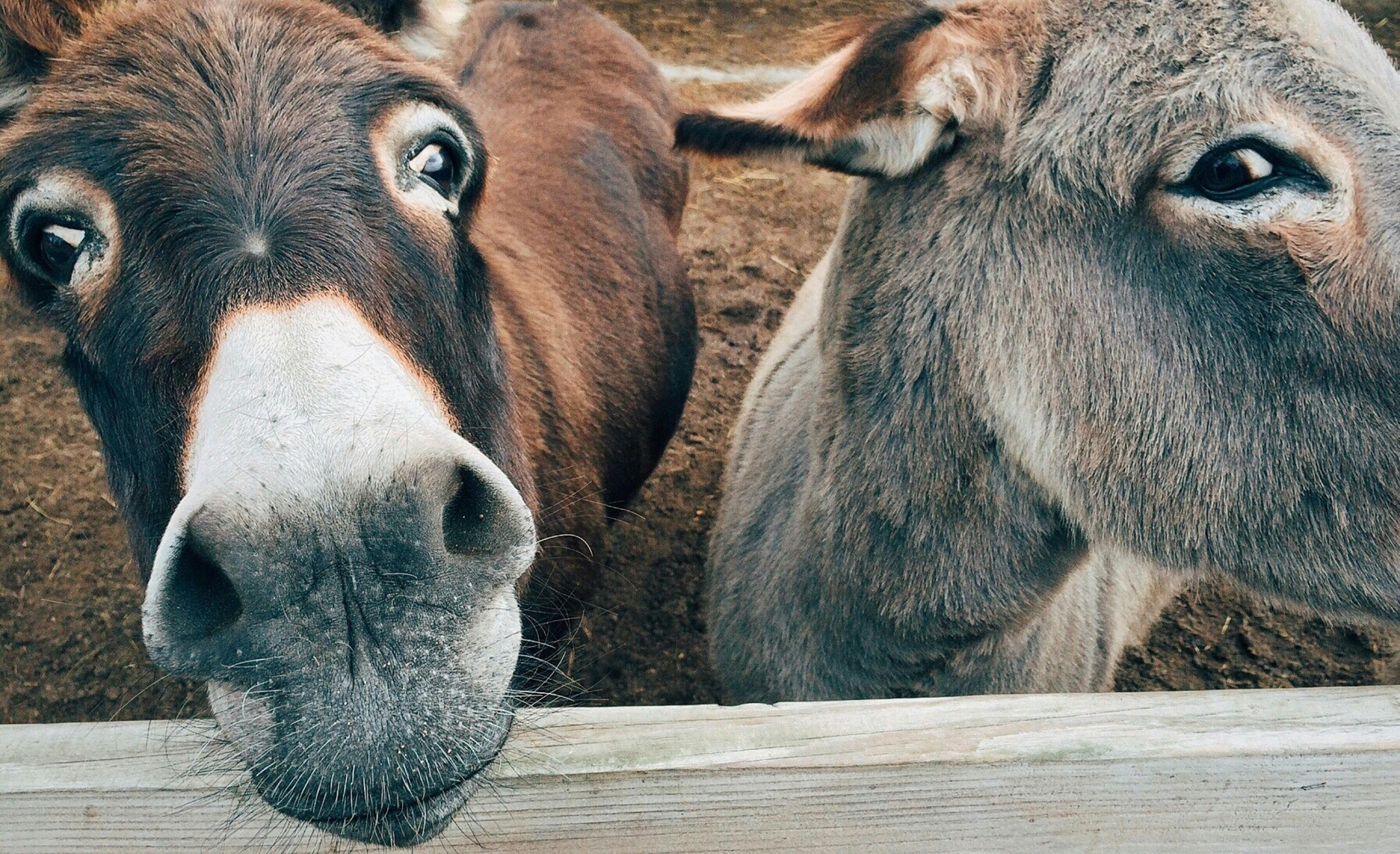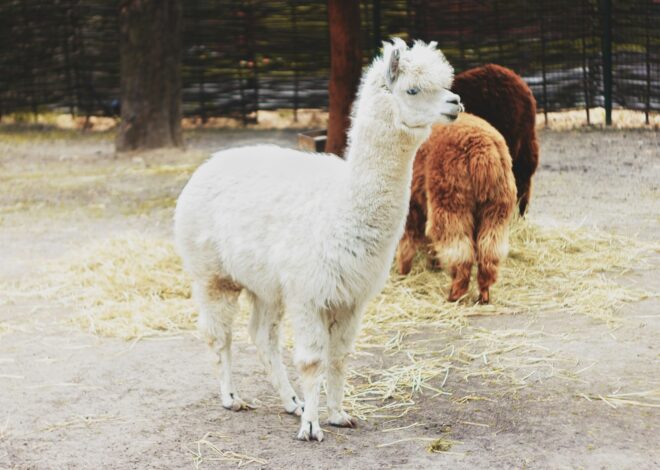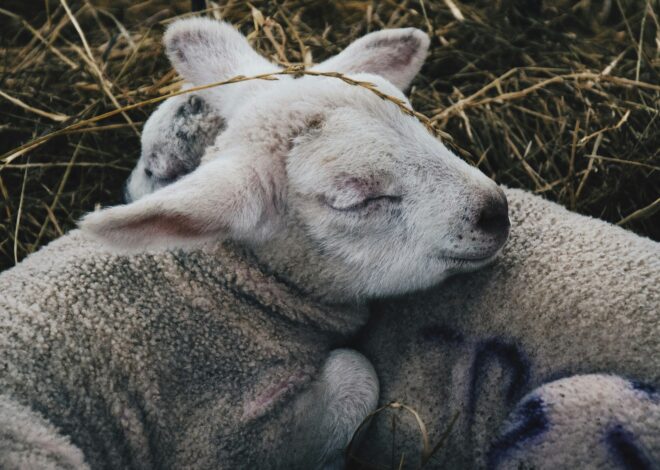
How To Raise Donkeys
Welcome to our step-by-step guide on how to raise donkeys. If you’ve ever found yourself enchanted by the gentle bray of a donkey or captivated by their playful antics, you’re not alone. Raising donkeys can be a rewarding adventure for anyone looking to add charm and character to their homestead.
These lovable creatures are more than just adorable; they can become loyal companions while offering practical benefits on your property. Whether you’re considering them as pets, guardians for livestock, or simply as part of your family farm, there’s much to learn about how to raise donkeys effectively.
Let’s embark on this journey together and uncover what it takes to welcome these remarkable animals into your life!
Benefits of Raising Donkeys
Raising donkeys brings a myriad of benefits to both farms and families. These gentle creatures are known for their friendly demeanor, making them excellent companions. One key advantage is their ability to guard livestock. Donkeys have a natural instinct to protect other animals from predators like coyotes or stray dogs, proving invaluable on many homesteads.
Furthermore, donkeys are low-maintenance animals. They require less food than horses and thrive on simple diets consisting primarily of hay and grass. This makes them budget-friendly options for those looking to expand their farm life. Their unique personalities can also add joy to your daily routine.
With plenty of charm, they often become beloved members of the family. Additionally, donkeys contribute positively to land management by effectively grazing overgrown areas while helping maintain healthy ecosystems around your property.
Understanding the Different Types of Donkeys
Donkeys come in various breeds, each with unique characteristics and purposes. The most common type is the Standard Donkey, known for its versatility and strength. These donkeys can be used as working animals or companions. Miniature donkeys are another popular choice.
They typically stand under 36 inches tall and have a friendly demeanor, making them perfect for families or as therapy animals. Their small size allows them to adapt easily to different living situations. For those interested in larger breeds, the Mammoth donkey might be appealing.
This breed can weigh over 1,000 pounds and is often employed for draft work due to its impressive strength. Each breed offers distinct traits that cater to diverse needs, whether it’s companionship or labor support. Understanding these differences helps potential owners make informed decisions on which donkey fits their lifestyle best.
Choosing the Right Breed for Your Needs
When it comes to selecting the right donkey breed, consider your lifestyle and goals. Are you looking for companionship, work, or perhaps both? Different breeds have unique characteristics that cater to various needs. Miniature donkeys are perfect for families or individuals seeking a friendly pet.
Their small size makes them manageable and delightful companions. If you’re interested in utilizing donkeys for farm work, larger breeds like the American Mammoth Jackstock are ideal. They possess strength and stamina, making them great pack animals. Additionally, some breeds have specific temperaments.
For instance, Standard donkeys tend to be more adaptable and can be fantastic with children due to their gentle nature. Researching each breed’s traits will help you make an informed decision tailored specifically to what you envision in raising a donkey.
Preparing for a Donkey:
Preparing for a donkey involves careful planning. First, consider shelter. Take some time to research further into these needs before bringing a donkey home; it ensures you provide the best environment possible for your new friend.
A. Shelter
When it comes to shelter, donkeys need a comfortable and safe environment. A sturdy barn or shed is ideal. Ensure it has good ventilation to keep the air fresh.
The space should be large enough for them to move around freely. Consider providing at least 100 square feet per donkey. This gives them room to lie down and stretch their legs.
Flooring plays a crucial role too. Avoid concrete floors as they can be hard on their hooves. Instead, opt for dirt or rubber matting that offers some cushioning.
Protection from extreme weather conditions is vital as well. During hot summers, provide shade with trees or an awning. In winter, ensure there’s proper insulation against cold winds and snow.
Don’t forget about cleanliness! Regularly clean the shelter to prevent disease and maintain a healthy living space for your donkeys.
B. Food
Feeding donkeys requires attention to their specific dietary needs. These gentle animals thrive on a diet primarily composed of high-fiber forage. Quality hay should be the cornerstone of their nutrition, ideally free from mold and dust.
In addition to hay, fresh pasture can provide essential nutrients. However, be cautious with lush grass; too much can lead to health issues like colic or laminitis.
Donkeys also benefit from a small amount of grains or commercial donkey feed, especially if they are working animals or pregnant females. Always choose feeds formulated specifically for donkeys to ensure balanced nutrition.
Don’t forget about minerals and vitamins! Providing access to salt blocks or mineral supplements will help fill any nutritional gaps in their diet. Regularly check their body condition score; this helps you adjust feeding as needed and keep your donkey healthy and happy.
C. Water
Water is an essential element for any animal’s health, and donkeys are no exception. These sturdy creatures need access to clean, fresh water at all times. Unlike some livestock, donkeys may not drink as frequently but require large quantities when they do.
It’s important to provide a constant supply of water, especially in warmer months. A good rule of thumb is that an adult donkey can drink anywhere from 5 to 10 gallons per day depending on their activity level and weather conditions.
Make sure the water source is free from contaminants. Regularly check troughs or buckets for debris and algae buildup. If your donkey doesn’t seem interested in drinking, it might be worth looking into the cleanliness of their water source.
Consider adding electrolytes during extreme heat or after strenuous activity. This helps replenish lost minerals and keeps your donkey hydrated effectively.
Training and Bonding with Your Donkey
Training your donkey can be a rewarding experience. Start with patience and consistency. Establish trust early on; this is key to building a strong bond. Use positive reinforcement techniques. Treats, praise, and gentle touches work wonders. Donkeys respond well when they feel appreciated.
Begin with basic commands like “come” or “stay.” Keep training sessions short and engaging to hold their attention. Incorporate playtime—donkeys love to explore and interact. Socialization is crucial too. Allow your donkey to meet other animals safely, as it helps them become more adaptable and confident in various situations.
Remember that each donkey has its own personality. Tailor your training approach accordingly; some may be more eager than others but never rush the process. Enjoy those moments of connection—they are what make raising donkeys truly special.
Common Health Issues and How to Care for Them
Donkeys are generally hardy creatures, but they can face some common health issues. One of the most frequent problems is obesity. It’s crucial to monitor their weight and adjust their diet accordingly. Hoof care is another essential aspect of donkey health.
Regular trimming helps prevent infections or painful conditions like laminitis. Keep an eye on their hooves for cracks or signs of discomfort. Additionally, donkeys can be prone to skin disorders due to parasites such as lice or mites. Regular grooming and a clean living environment significantly reduce these risks.
Watch for symptoms like coughing or nasal discharge, which may indicate respiratory infections. Early intervention often leads to better outcomes. Vaccinations and regular veterinary check-ups ensure your donkey stays healthy throughout its life. Preventive care goes a long way in maintaining their overall well-being and happiness.
Legal Considerations for Owning a Donkey
Before bringing a donkey into your life, it’s essential to understand the legal considerations involved. Laws regarding donkey ownership vary significantly by location. Ensure you check local zoning regulations; some areas may restrict livestock on residential properties.
You might also need specific permits for keeping donkeys. These can include registrations or health certificates, especially if you’re purchasing from breeders or rescue organizations. Consider any local ordinances about noise and behavior as well.
Donkeys are known for their vocalizations, which could potentially lead to disputes with neighbors if not managed properly. Additionally, be aware of liability issues related to owning a donkey. Having insurance that covers farm animals is wise in case of accidents involving your donkey or others nearby.
Staying informed about animal welfare laws is crucial too—these ensure you provide proper care and treatment for your new friend while adhering to ethical standards.
Conclusion: The Joys of Raising Donkeys
Raising donkeys can be a truly rewarding experience. These gentle creatures have unique personalities that can bring joy and companionship into your life. Their playful nature and intelligence make them fascinating animals to work with.
Donkeys are also known for their strong bonds with humans, which adds an enriching dimension to the relationship you will build over time. They require care, love, and attention, but in return, they offer loyalty and affection.
As you embark on this journey of raising donkeys, you’ll find countless opportunities for learning and growth. The experience not only enriches your life but also helps foster a deeper appreciation for these wonderful animals. Whether you’re looking for a companion or planning to use them as working animals, donkeys can add incredible value to your homestead or farm.
Exploring the world of donkey ownership opens up new avenues of connection with nature while providing lasting memories filled with laughter and joy. Embrace the adventure ahead; your future conversations will undoubtedly revolve around tales from your experiences with these delightful creatures.



